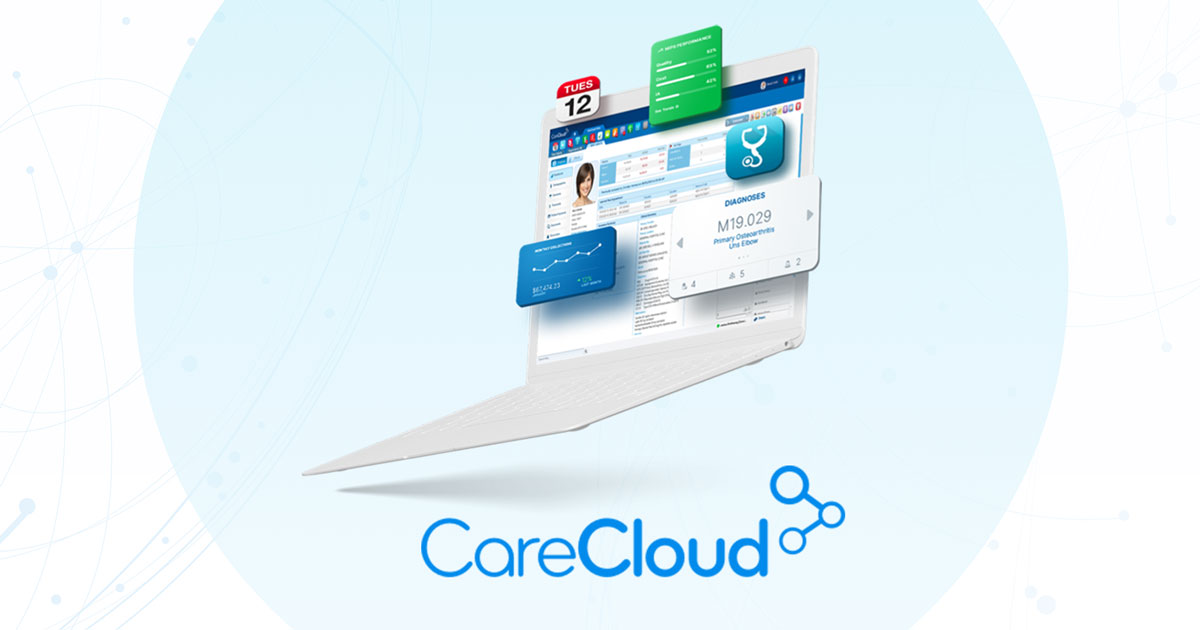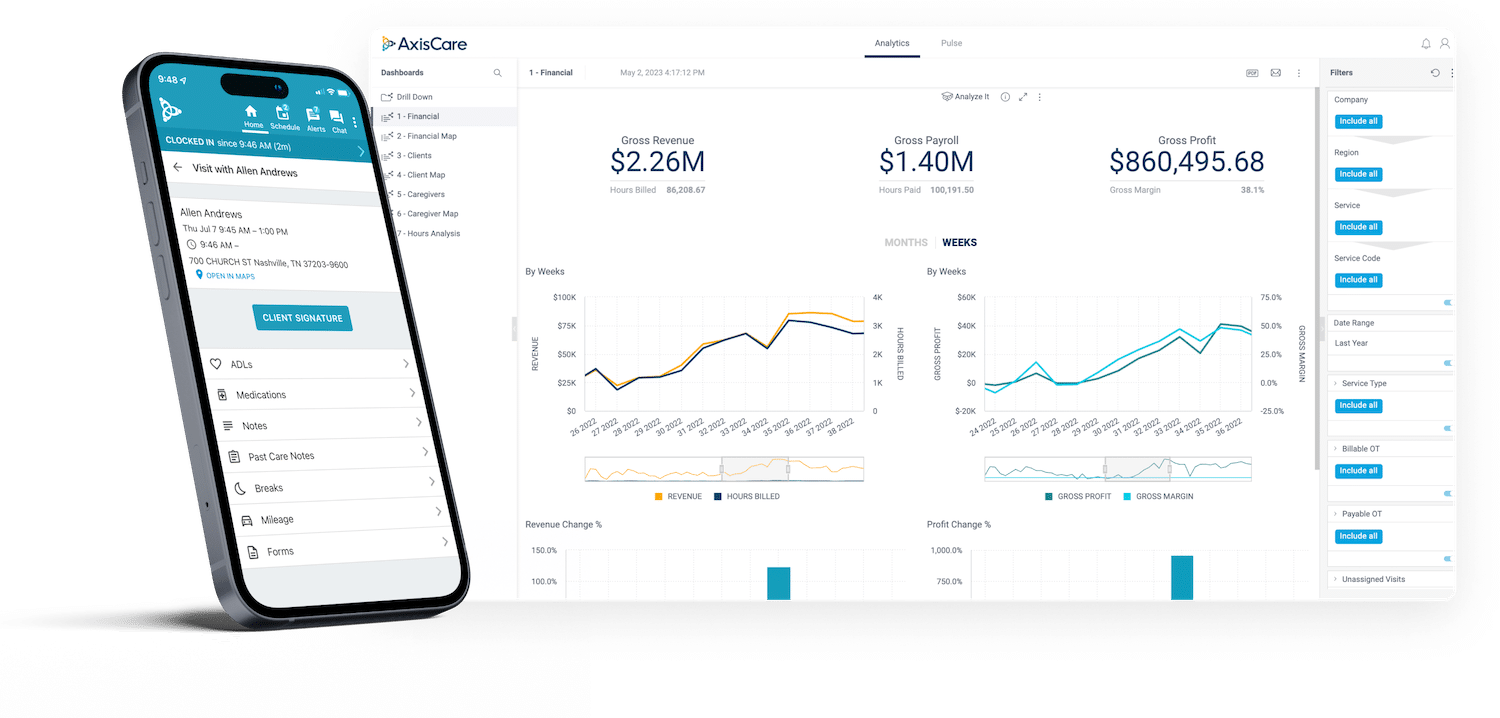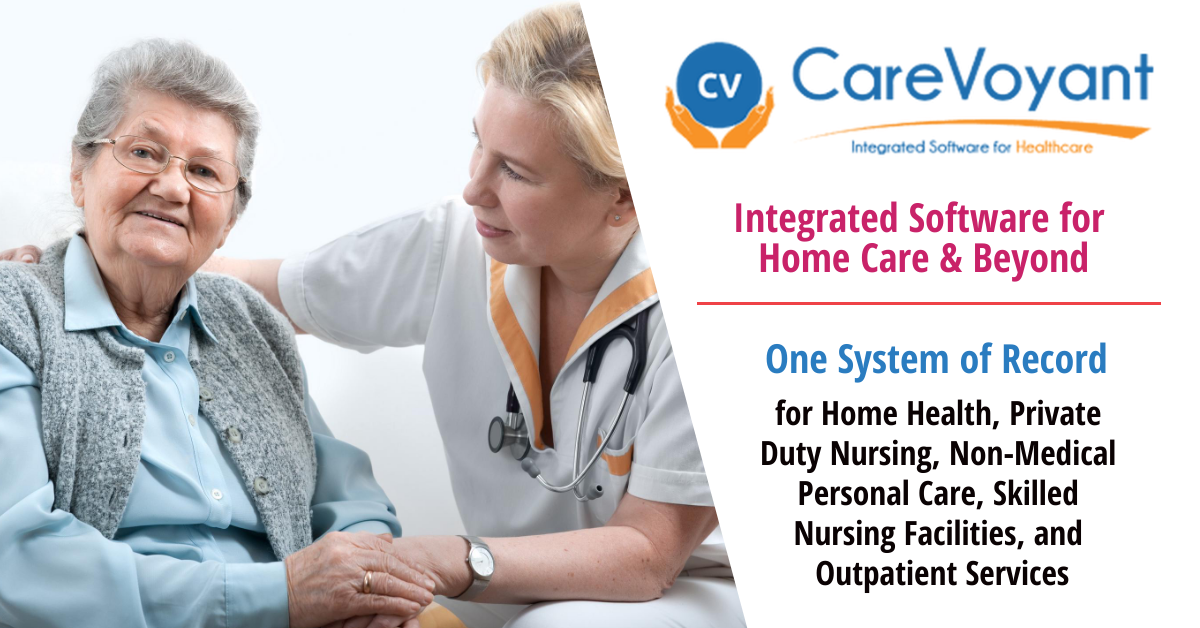Introduction
Selecting the right home health care software is crucial for agencies to efficiently manage care coordination, billing and compliance. While there are many options available, not all are created equal. This post examines the top solutions based on core functionality, customer satisfaction and digital footprint.
Methods of Evaluation
Each solution was evaluated based on features, integration capabilities, ease of use and pricing. Customer reviews from platforms like Capterra, G2 and TrustRadius were analyzed to understand real user experiences. Keyword research tools were used to assess search volume and difficulty for target keywords like ‘best home health care software’. Semrush provided data on website traffic and backlinks which indicate online popularity and authority.
1. Cerner Care Management
Cerner Care Management is a home health care software solution developed by Cerner Corporation, an integrated healthcare technology company based in Austin, Texas. The software is designed to help organizations coordinate patient care both inside and outside of clinical settings.
Pros: Some key advantages of Cerner Care Management include:
– Integrates with Cerner EHR systems for a complete, unified patient record across all points of care
– Robust care coordination and management tools to streamline the care process
– Advanced analytics and reporting capabilities to improve outcomes and identify gaps in care
Cons: A potential disadvantage is that the software is optimized for use with Cerner EHR platforms, so organizations using other EHRs may find it less seamless to integrate with.
Pricing: Cerner Care Management pricing is customized for each organization based on factors like number of users, capabilities needed, and integration requirements. Contact Cerner sales for a customized quote.
Some key stats about Cerner Care Management include:
– Used by over 500 home health organizations worldwide
– Integrates with over 25 different EHR systems including all major Cerner platforms
– Oversees care for over 10 million patients annually
2. Allscripts Home Health
Allscripts Home Health is a leading home health care software developed by Allscripts, a global healthcare IT company. The software aims to streamline operations, optimize clinical workflows, and enable better coordinated care for home health agencies and their patients.
Pros: Key advantages of Allscripts Home Health include:
– Integrates with Allscripts EHRs like Sunrise for seamless access to patient records
– Advanced clinical functionality including assessments, care plans and documentation
– Enables seamless care coordination between home health clinicians, facilities and referring providers
Cons: A potential disadvantage is that it requires agencies to switch from their existing system, which can be disruptive during implementation.
Pricing: Pricing for Allscripts Home Health is not publicly disclosed but is typically sold through an annual subscription model including setup, implementation, training and support services.
Some key stats about Allscripts Home Health include:
– Used by over 400 home health agencies nationwide
– Integrates with major EHR systems like Allscripts Sunrise for a complete patient record
– Provides advanced clinical documentation, billing, and reporting capabilities
3. CareCloud
CareCloud is a leading cloud-based healthcare software company providing Electronic Health Records (EHR), telehealth, medical billing services, and patient experience solutions. Founded in 2005, CareCloud serves over 75,000 providers across all 50 U.S. states. Their full suite of solutions is designed to optimize revenue cycle management and improve patient care for both large and small medical practices.
Pros: Some key advantages of CareCloud include:
– Intuitive and easy to use interface designed with feedback from clinicians and administrators.
– Fully integrated platform allowsbilling, scheduling and reportingto be handled from one centralized system.
– 24/7 customer and technical support from a dedicated CareCloud team.
Cons: Potential disadvantages of CareCloud could include:
– Cloud-based solution requires a reliable internet connection to utilize all features. Offline functionality may be limited.
– Upfront implementation and onboarding costs can be higher than some on-premise systems.
– Less customization options compared to some proprietary on-site software.
Pricing: CareCloud offers flexible pricing plans tailored for organizations of different sizes and specialties.
Monthly subscription pricing starts at around $99/provider/month for their core medical records and billing platform. Additional modules like telehealth, patient engagement and specialty-specific functionality are priced separately.
Some key stats about CareCloud include:
– #1 rated home health and hospice EHR by leading healthcare research firm KLAS Research.
– Serves over 75,000 providers nationwide including hospitals, physician practices, home health and hospice agencies.
– Integrated platform supports clinical, financial and administrative workflows for organizations of all sizes.
4. PointClickCare
PointClickCare is a leading cloud-based healthcare software provider for long-term and post-acute care. Founded in 2001, PointClickCare now supports over 30,000 facilities and 1.5 million users globally. Their electronic medical records (EMR) system is specifically designed to meet the clinical, financial and regulatory needs of home health agencies, hospices, senior living communities and other post-acute care providers.
Pros: Some key advantages of PointClickCare’s home health care software include:
– Feature rich EMR specifically for home health workflows and needs
– Mobile app and telehealth capabilities for remote patient monitoring and care
– Widely used by large post-acute organizations so it can easily support high volume needs
Cons: A potential disadvantage is the software may have a relatively high upfront and ongoing cost compared to some competitors due to its comprehensive feature set and support for large organizations.
Pricing: PointClickCare offers different pricing packages depending on needs and organization size. Pricing is typically annual or monthly subscription based. Contact their sales team for a customized quote.
Some key stats about PointClickCare include:
– Used by over 30,000 facilities worldwide
– Supports over 1.5 million clinical and business users
– 15+ years in business as a healthcare IT company
– Recognized as a leader in the Gartner Magic Quadrant for Long-Term Care Software
5. WellSky
WellSky is a leading health care software provider focused on post-acute and home care organizations. Founded in 1980, WellSky provides a comprehensive suite of solutions to help organizations manage clinical, financial and operational aspects of their business on one integrated platform.
Pros: Some key advantages of WellSky’s platform include:
– Leading platform for post-acute care organizations. WellSky has deep expertise in this specialized industry.
– Modern user interface with mobility built-in. The platform is designed for both desktop and mobile access.
– Comprehensive clinical, financial, and operational tools. One integrated platform to manage all aspects of the business.
Cons: As with any large, complex software system, implementation and adoption can take time. WellSky’s platform may require significant configuration and customization to meet the specific needs of some organizations.
Pricing: WellSky offers flexible pricing models based on the specific needs and size of each organization. Pricing is typically based on number of facilities, beds, users or lives supported on the platform. WellSky representatives can provide custom quotes upon request.
Some key stats about WellSky include:
– Over 25,000 facility customers trust WellSky’s solutions
– Customers span the full continuum of post-acute care including skilled nursing facilities, assisted living, home health and hospice
– WellSky supports over 3 million lives on its platform annually
Welcome to WellSky®Welcome to WellSky® Creating smarter solutions for whole person carewellsky.com
6. AlayaCare
AlayaCare is a leading provider of home health care management software. Founded in 2005 and based in Montreal, Canada, AlayaCare offers a full-featured, cloud-based platform to help agencies streamline operations and improve care. Their software supports home health, home care, hospice, palliative care, and personal support agencies.
Pros: Some key advantages of AlayaCare include:
– Full suite of home care management tools to schedule, track, and bill for services
– Powerful mobile apps for remote documentation, scheduling, and communication
– Competitive pricing and flexible payment plans
– Deep integrations with billing, EMR, and other systems
Cons: One potential disadvantage is a lack of in-person support staff compared to some competitor products. However, AlayaCare makes up for this with extensive online help resources and knowledgeable customer support representatives.
Pricing: AlayaCare offers transparent monthly pricing based on the number of users, starting at $49 per month. They also have flexible annual and multi-year contracts. Additional fees may apply for customized configurations, integrations, or premium support plans.
Some key stats about AlayaCare include:
– Used by over 1,400 home health and home care agencies worldwide
– Supports over 120,000 caregivers
– Processes over 5 million clinical visits annually
7. Brightree
Brightree is a leading software solutions provider focused on the home health and pharmacy industries. Founded in 2003, Brightree offers a comprehensive platform to help streamline operations, manage staff efficiently, and enhance the patient experience. Their solutions are used by over 1,000 agencies across the United States.
Pros: Some key advantages of Brightree include:
– Industry-leading solution specifically designed for large HME/pharmacy provider agencies
– Advanced analytics and reporting tools to gain insights into business performance
– Reliable and helpful 24/7 customer support from an experienced team
Cons: One potential downside is the higher upfront and ongoing costs compared to some smaller competitors, which may not be suitable for all budget types.
Pricing: Pricing is custom-quoted based on business size and specific module selections. However, in general Brightree solutions start at $2,000/month for their standard package.
Some key stats about Brightree include:
– Serves over 1,000 HME/pharmacy provider agencies
– Processes over $8 billion in annual revenue for clients
– Supports over 350,000 patients
– Offers solutions for key business functions including CRM, billing, inventory, and reporting
8. AxisCare
AxisCare is home health care software designed to help home care agencies manage their operations efficiently. In business since 1999, AxisCare has grown to serve over 2,000 home care agencies across the US. Their all-in-one platform allows agencies to streamline essential business functions like scheduling, billing, and care planning through an easy-to-use interface.
Pros: Main advantages of AxisCare include:
– Comprehensive solution that handles all core agency needs from a single platform
– Advanced billing and revenue cycle management tools to optimize reimbursement
– Web-based system that can be accessed anywhere on any device for flexibility and mobility
Cons: A potential disadvantage is the upfront costs of implementation and ongoing licensing fees, though AxisCare does offer flexible pricing plans.
Pricing: AxisCare offers tiered pricing plans tailored for agencies of different sizes starting at $99 per month for the essentials plan and scaling up based on agency size and functionality needed. Implementation, training and support services are also available for an additional fee.
Some key stats about AxisCare include:
– Serves over 2,000 home care agencies nationally
– Over 25 years of experience developing home care software
– Manage operations for agencies of all sizes from small local ones to large national providers
9. Kinnser Software
Kinnser Software provides home health care software solutions to help streamline operations and optimize care. Their flagship product, Kinnser, is a cloud-based platform designed specifically for the needs of home health, hospice and private duty agencies.
Pros: Some of the key advantages of Kinnser include:
– Comprehensive clinical, billing and operational modules in a single solution
– Intuitive interfaces optimized for home care workflows
– Real-time documentation capabilities for anytime, anywhere charting
– Automated scheduling and routing to improve efficiency
Cons: One potential disadvantage is that as a more full-featured solution, Kinnser may be overkill for very small agencies with basic needs.
Pricing: Kinnser offers affordable pricing plans starting at $99 per user per month for basic features. Additional modules, integrations and premium support are available for higher tier plans.
Some key stats about Kinnser Software include:
– Over 15 years of experience developing home health software
– Used by over 2,000 home health agencies nationwide
– Handles over 50 million visits annually
Welcome to WellSky®Welcome to WellSky® Creating smarter solutions for whole person carekinnser.com
10. CareVoyant
CareVoyant provides integrated cloud-based home health care software. Founded in 2012, CareVoyant aims to optimize home health, personal care, and long term care through data-driven insights. Their software helps agencies deliver quality care while maximizing financial performance.
Pros: Some key advantages of CareVoyant software include:
– Advanced analytics platform that provides actionable insights from clinical and financial data
– Empowers agencies to make data-driven decisions to optimize care delivery workflows
– Unlocks hidden insights from existing EMR and financial systems to improve outcomes and profitability
Cons: One potential disadvantage is that CareVoyant primarily focuses on large and mid-size agencies. Smaller agencies with fewer resources may find their software and implementation costs prohibitive.
Pricing: CareVoyant offers flexible pricing models based on agency size and needs. Pricing typically starts at $75-100 per user per month for basic software and implementation support. Larger packages with advanced analytics and system integrations can cost $150-250 per user.
Some key stats about CareVoyant include:
– Serves over 500 home health agencies nationwide
– Supports over 1 million patient visits per month
– Integrates with all major EMR systems like MatrixCare and PointClickCare
11. CarePaths
CarePaths is a leading provider of home health, hospice, and behavioral health EHR and practice management software. Founded in 1999, CarePaths offers a specialized platform designed specifically for home-based care teams. Their comprehensive system allows agencies to streamline workflows, improve clinical documentation, and enhance care coordination for patients.
Pros: Some key advantages of the CarePaths platform include:
– Specialized functionality for home-based care including mobile clinician app
– Intuitive clinical documentation tools that reduce clinician paperwork burden
– Comprehensive suite of practice management features like billing and reporting
– Integrated measurement-based care capabilities
Cons: One potential disadvantage is that the platform is tailored specifically for home health and hospice care models, so it may not be as well-suited for other clinical settings.
Pricing: CarePaths offers flexible pricing plans tailored for organizations of different sizes. Basic pricing starts at $99 per user per month for up to 5 users. Larger agencies with over 100 users can request a customized enterprise quote.
Some key stats about CarePaths include:
– Used by over 1,000 home health and hospice agencies nationwide
– Serves over 2.5 million patients annually
– 99% client retention rate
– 24/7 customer support
Conclusion
While every agency has unique needs, the platforms that ranked highest across functionality, reviews and analytics are well-positioned for success in 2023 and beyond. By considering factors like user experience, partnerships and market presence, healthcare leaders can feel confident in selecting software that enables optimal care, operations and growth.












